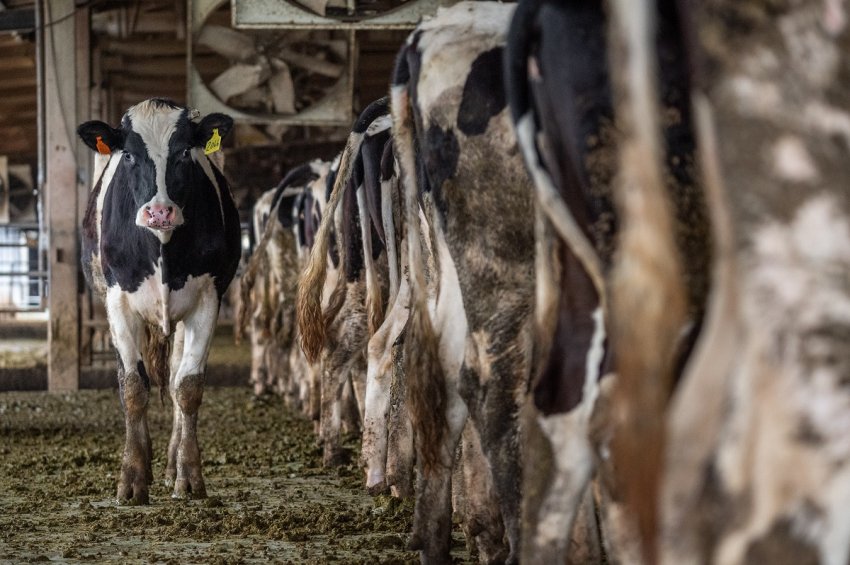This past week in Canadian food news produced plenty of interesting stories from coast to coast, but arguably the biggest news story of the week came from a decision made by three of Canada’s biggest beef buyers to temporarily suspend imports after a case of mad cow disease was found on an Alberta farm.
In lighter news, the business behind Toronto’s popular phallic-shaped waffles found a new permanent home, a historic Montreal eatery announced that it will soon be making a comeback, and a B.C.-based fishery implemented a new technology that could potentially revolutionize operations for Canadian fish farms.
Catch up on all of the above and more in this week's ICYMI.
Three countries ban Canadian beef exports after atypical case of mad cow disease

The Canadian Cattlemen’s Association confirmed this week that China, South Korea, and the Philippines have all temporarily suspended the importation of Canadian beef following the discovery of an atypical case of mad cow disease on an Alberta farm.
The three countries account for roughly $273 million in combined annual sales, however, the World Organization for Animal Health says the atypical case is not expected to negatively affect Canada’s global status in the long run.
Find the full story at Global News.
Creators of Toronto’s X-rated waffles find a permanent home
This week, Toronto’s Members Only Waffle House, who were responsible for creating the phallic-shaped waffles that recently took social media feeds by storm, have now opened a brick and mortar location on Queen Street West.
Although the X-rated waffles have stirred up some controversy, the company has stated that in addition to donating a percentage of its monthly sales to various non-profits, its main focus is “sharing a laugh or a smile with our clients during these difficult and challenging times.”
Head to the Toronto Star for more.
Push for enhanced warning labels on alcohol

According to the Canadian Institute for Substance Use Research, only about 25 per cent of Canadian drinkers know that alcohol can cause cancer. As such, health experts have been advocating for enhanced warning labels on alcohol to ensure the public is aware of the risk associated with drinking in any amounts.
Visit CBC News for the full story.
Historic Montreal eatery Le Piment Rouge set to reopen this spring

After closing its doors in 2014 following a historic 34-year run as one of the city’s most iconic dining institutions, Eater reported this week that Le Piment Rouge will be making a triumphant return to Montreal's food and beverage scene this spring.
The restaurant’s relaunch is being headed by Hazel Mah, who debuted the original concept in downtown Montreal back in 1980.
Visit Eater Montreal for the full scoop.
Vancouver Island fish farm implements real-time data analysis
A B.C.-based fishery recently introduced new camera sensor units to its fish farm operations around Vancouver Island. According to the company, up until now, the only way to acquire accurate data about farmed salmon populations’ growth and performance was through harvesting.
Through the use of the sensors’ real-time technologies, the company says it will now be able to measure the size of a fish with up to 98 per cent accuracy, which will enable better decision making in regards to feeding, harvest schedules, and biomass estimation.
Get the full breakdown from CTV News.













